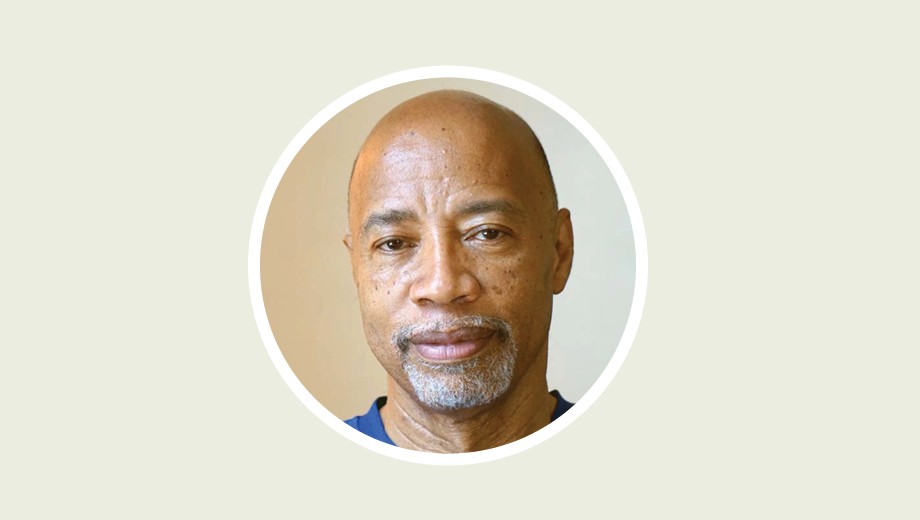Turning to literature in a time of crisis—like the wave of protests sparked by the killing of George Floyd by Minneapolis police in May—is a “double-edged sword,” says Kenneth Warren, the Fairfax M. Cone Distinguished Service Professor in English Language and Literature.
“It’s exciting and it’s a challenge to try to figure out how our research sheds light on the contemporary moment,” he says. “The humanities—the study of fiction, the study of works of the imagination—can often give us some perspective on what aspects of what we’re seeing are abiding and what might be new and unprecedented.”
But he also cautions against seeing scholars as first responders in a crisis. The danger is that “instead of being good humanists, we become bad journalists, which is to say responding too quickly to the moment.”
A similar challenge faces the authors Warren studies. “I study novels, and one thing you can say about a novel is that it takes time.” While he acknowledges that some novels have had outsize influence in their own time—he cites Harriet Beecher Stowe’s Uncle Tom’s Cabin and Richard Wright’s Native Son—the form is not exactly built for rapid-response criticism.
Warren sees another problem beyond the long gestation of a novel. Why should a certain elite, literary class get to speak on behalf of an entire population, even if they are considered to be members of that population? He implicates himself here, admitting that the special status given to writers is “the basis of our conversation today.”
His book What Was African American Literature? (Harvard University Press, 2010) argues that the very concept of African American literature has depended on the political silencing of Black voices during the Jim Crow era. Precisely because so many African Americans were effectively barred from political expression, especially in the South, he contends, the public “would turn to [Black] writers in particular to ask the question ‘What does the Negro want?’”
He is not denying that Black writers of the era produced great works embodying genuine insight. His own scholarship delves deeply into the work of one such writer, Ralph Ellison—whose novel Invisible Man was staged for the first time in 2012 at Court Theatre, with Warren advising on the text’s adaptation. But he does want to raise the question of who gets to speak for African Americans, whether that means novelists or, he adds, the “political and public commentary class.” There is something to be said for directly listening to those who are suffering most, as opposed to their approved cultural surrogates.
Warren often adopts an economic as well as a racial lens—he has taught courses on both the Gilded Age and the Great Recession. “I don’t like the formulation that opposes class and race,” he says, “because I think the two things work in tandem.” As a result, he views the spring’s protests as an expression of anger, not only at police violence but also at economic inequality that harms African Americans disproportionately.
Warren knows when he is walking the line between humanist and journalist. He also grasps the irony that he belongs to the literary class whose framing of the issues he is asking us to question. These tensions will persist as long as scholars attempt to train their particular intellectual skills on the pressing social problems of their day. Warren suggests proceeding with humility, bearing in mind that “to be in your moment is to be in your moment—subject to the limitations and prejudices of your time.”

